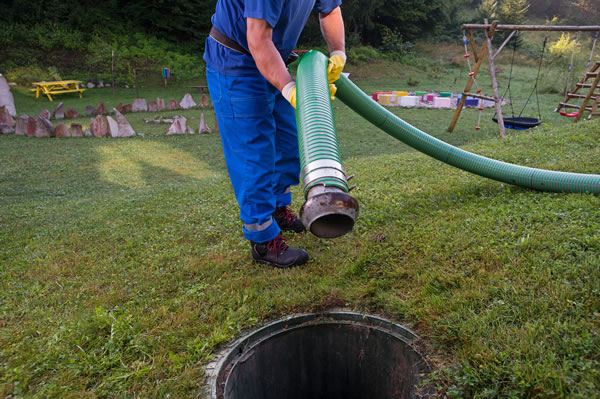
10
A septic tank plays a crucial role in managing wastewater for homes not connected to municipal sewage systems. Regular maintenance is essential to ensure its longevity and optimal functioning. In this article, we will discuss the importance of septic tank cleaning and provide valuable tips for homeowners to keep their septic systems in top condition.
Regular septic tank pumping and cleaning are vital for maintaining a healthy and efficient septic system. Over time, solid waste accumulates at the bottom of the tank, leading to the formation of sludge. Without proper cleaning, this sludge can cause blockages, resulting in backups, foul odors, and even costly repairs. Additionally, neglected septic tanks can contaminate groundwater, posing serious environmental and health risks. To avoid these issues, homeowners should engage in proactive septic tank maintenance.
Septic tank pumping is a crucial maintenance task that should be carried out by a professional septic company. The frequency of pumping depends on factors such as household size, tank size, and water usage. As a general guideline, it is recommended to have your septic tank pumped every three to five years. This process involves removing accumulated solids and sludge, allowing the tank to function properly. Regular pumping prevents backups, reduces the strain on the system, and extends its lifespan.
Regular inspections of your septic system can help identify potential issues before they become major problems. Hire a qualified septic company to inspect your tank, pipes, and drain field. They can assess the overall condition, identify any leaks, and recommend necessary repairs. Early detection and timely repairs can save you from expensive septic tank repair or replacement costs down the line.
Conserving water is beneficial for both the environment and your septic system. Reduce water consumption by fixing leaks, using efficient appliances, and being mindful of water usage. Excessive water can overload the septic system, leading to premature failure. Additionally, avoid flushing non-biodegradable items or chemicals down the toilet or sink, as they can disrupt the natural balance within the tank. Use septic-safe cleaning products and avoid excessive use of antibacterial soaps, which can kill beneficial bacteria in the tank.
The drain field is an essential component of a septic system that is added during septic tank installation, as it filters and treats the wastewater before it enters the groundwater. Avoid parking vehicles or installing heavy structures over the drain field to prevent soil compaction. Direct surface water away from the drain field to prevent oversaturation. Planting trees and shrubs near the drain field should be avoided, as their roots can damage the pipes. If you notice any signs of drain field issues, such as soggy areas or foul odors, contact Charlotte Septic Pros for inspection and repairs.
A clean and well-maintained septic tank is vital for the smooth operation of your home's wastewater management system. By following these essential tips, including regular septic tank pumping, inspections, water conservation, and proper septic tank installation, homeowners can avoid costly septic tank repairs, ensure the longevity of their septic system, and contribute to a healthier environment.
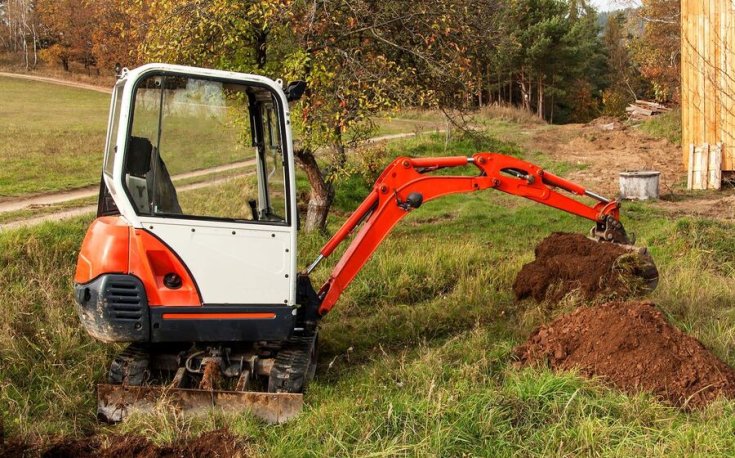
26
Choosing the Right Septic System Drain Field Expert When it comes to your home’s septic system, the drain field plays…
Read more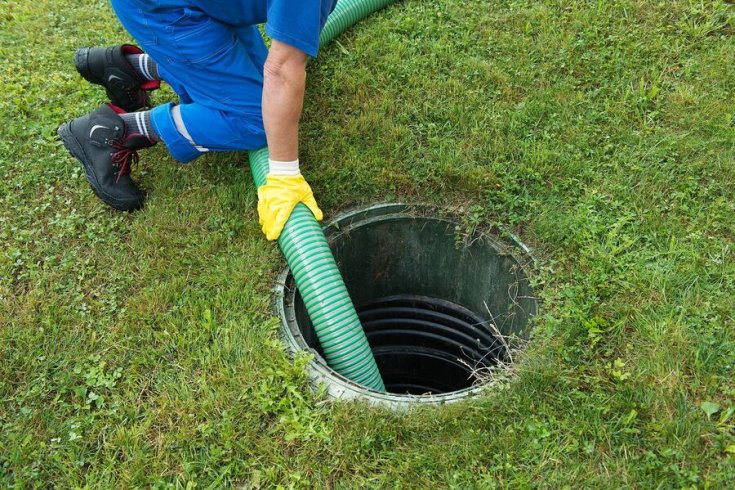
18
Reliable and Affordable Septic Services A properly functioning septic system is essential for any home or business that relies on…
Read more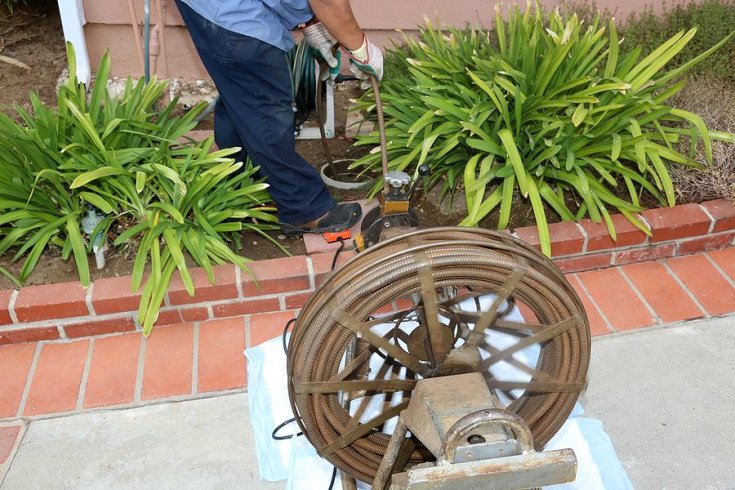
09
Signs and Solutions for a Failing Drain Field Your septic system plays a critical role in managing household wastewater, and…
Read more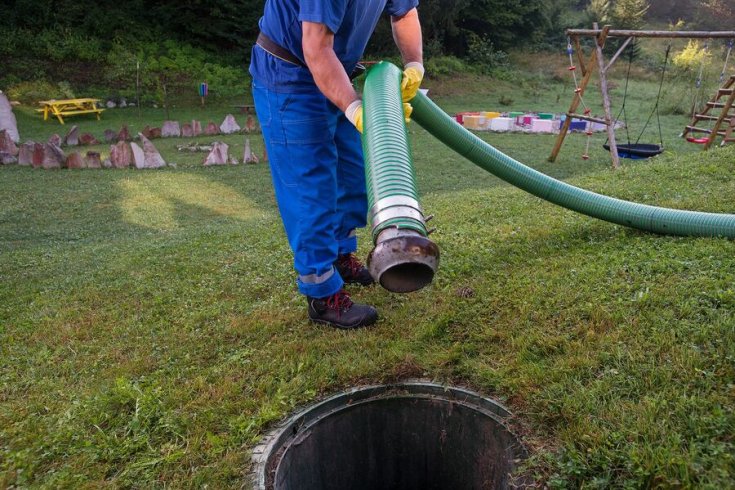
03
A Newbie’s Guide to Septic Pumping If you’re new to homeownership and have a septic system, you might be wondering…
Read more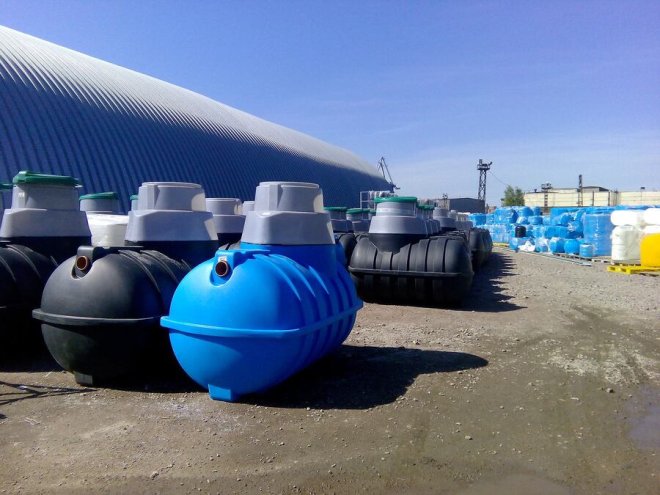
28
How to Prepare for Septic System Installation Installing a septic system is a major investment for any property that lacks…
Read more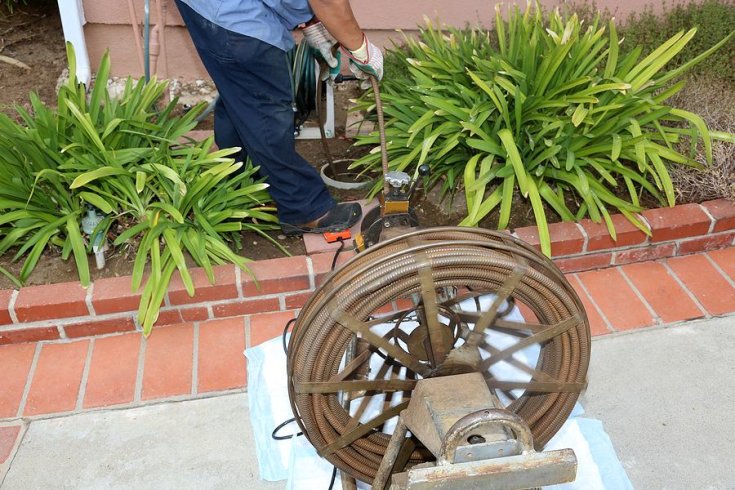
20
How Main Drain Cleaning Can Prevent Sewer Backups Sewer backups are one of the most unpleasant plumbing emergencies homeowners can…
Read more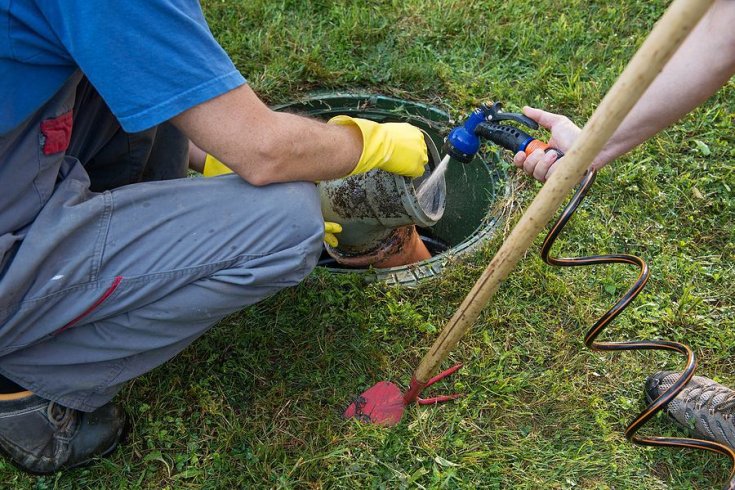
13
What to Do When You Have Drainage Problems Drainage problems can be frustrating and cause serious damage if left untreated.…
Read more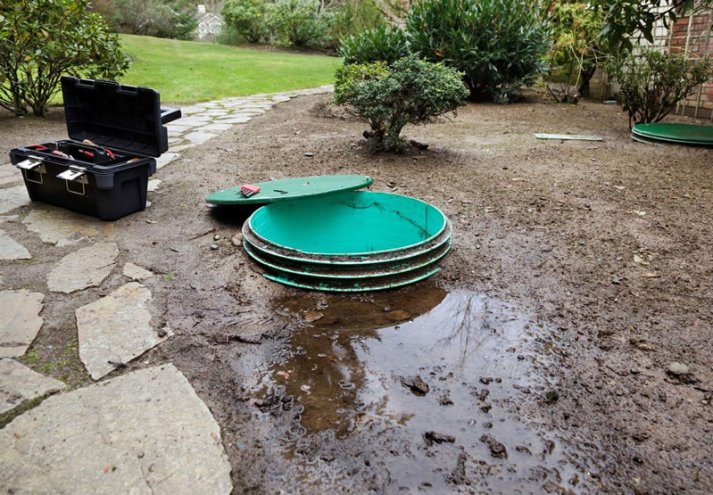
04
Signs and Causes of Septic Leaks A leaking septic system can pose serious health and environmental risks. If left untreated,…
Read more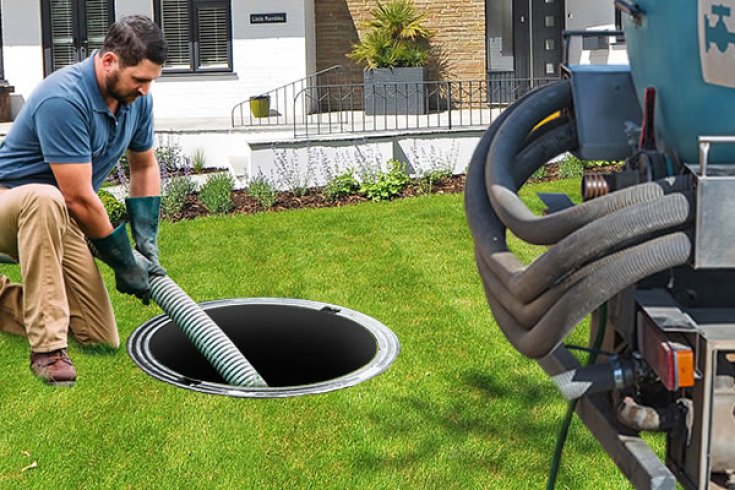
02
Unusual Septic Tank Blockages: Keeping Your Septic System Healthy A properly functioning septic system is crucial for any home or…
Read more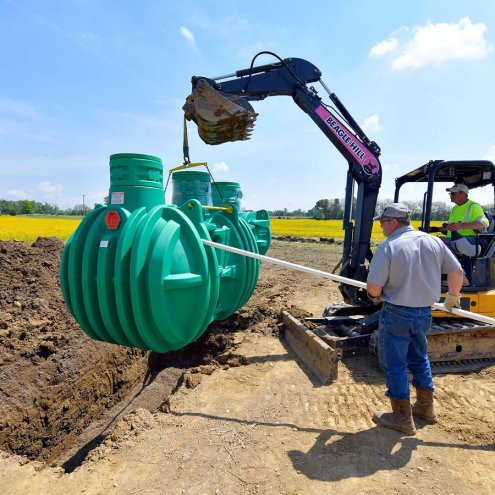
23
Seasonal Weather and Septic Systems Tank Your septic system plays a vital role in managing household wastewater, but seasonal weather…
Read more